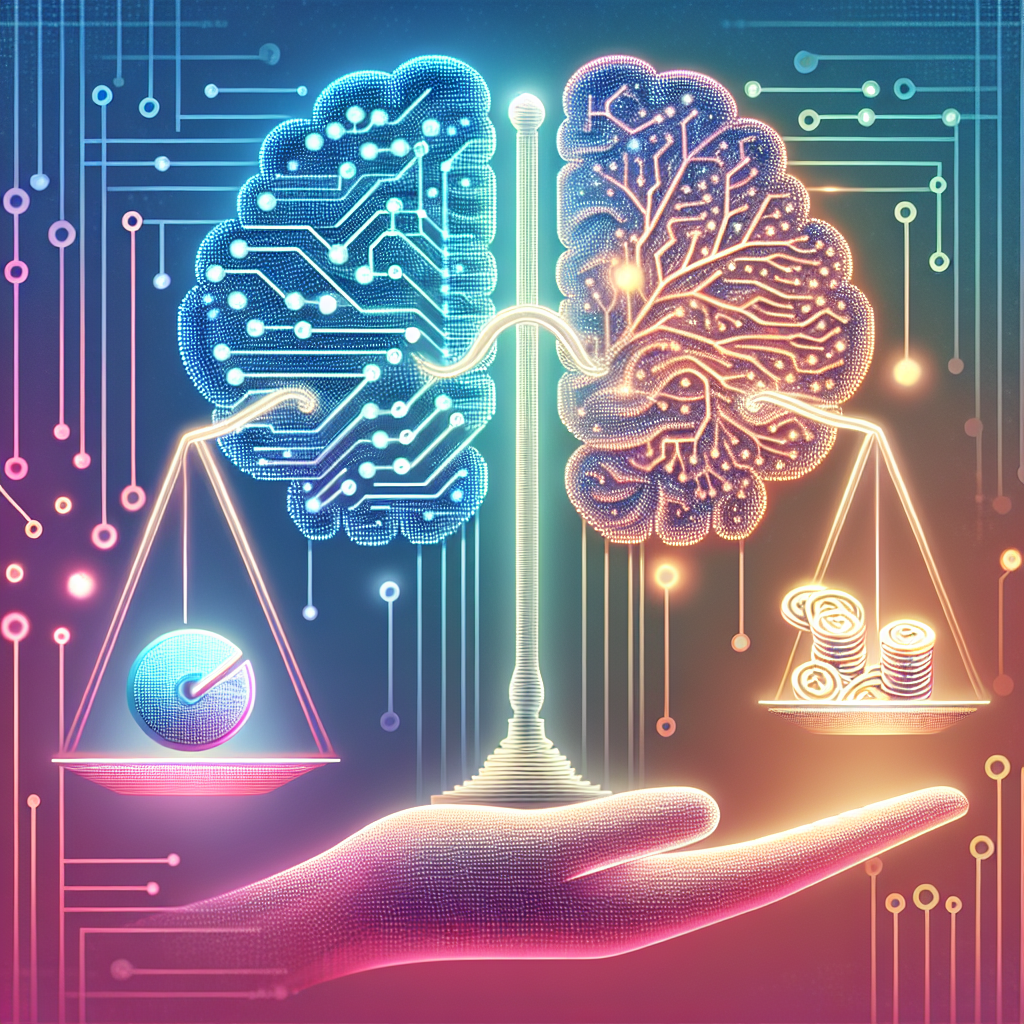Gender inequality remains a pressing issue around the world, with women often facing discrimination and barriers to achieving their full potential. In recent years, there has been a growing recognition of the role that artificial intelligence (AI) can play in addressing these challenges and empowering women. Through philanthropy, AI has the potential to revolutionize the way we approach gender equality and create a more equitable society.
AI has already been used in a variety of ways to address gender inequality. One of the most significant applications has been in the field of healthcare, where AI algorithms have been used to improve diagnosis and treatment for a range of health conditions. For example, AI can analyze medical images to detect diseases like breast cancer at an earlier stage, leading to better outcomes for patients. By improving access to quality healthcare, AI can help to reduce the gender gap in health outcomes and empower women to take control of their own health.
In addition to healthcare, AI has the potential to address gender inequality in other areas as well. For example, AI can be used to analyze data on gender pay gaps and identify patterns of discrimination in the workplace. By shining a light on these disparities, AI can help organizations to take concrete action to address gender inequality and create a more inclusive work environment.
AI can also be used to empower women through education and skills training. Online platforms powered by AI can provide personalized learning experiences that cater to the individual needs of learners, making education more accessible and effective. By using AI to provide women with the skills they need to succeed in the workforce, we can help to bridge the gender gap in employment and empower women to achieve their full potential.
Philanthropy plays a crucial role in harnessing the potential of AI to address gender inequality. By investing in AI research and development, philanthropic organizations can support the development of innovative solutions that have the potential to transform the lives of women around the world. Through strategic partnerships with technology companies and non-profit organizations, philanthropists can help to scale up successful AI initiatives and ensure that they reach those who need them most.
One example of a philanthropic initiative that is using AI to address gender inequality is the AI for Good Foundation. This non-profit organization works to harness the power of AI to create positive social impact, with a particular focus on empowering women and girls. Through partnerships with leading technology companies and academic institutions, the AI for Good Foundation is developing AI-powered solutions that address a range of gender-related challenges, from healthcare to education to economic empowerment.
Another example is the Women in AI initiative, which aims to increase the participation of women in the field of artificial intelligence. By providing mentorship, training, and networking opportunities, Women in AI is helping to create a more diverse and inclusive AI community that reflects the voices and perspectives of women. By empowering women to pursue careers in AI, we can ensure that the technology of the future is shaped by a diverse range of voices and experiences.
Despite the potential of AI to address gender inequality, there are also challenges and risks that need to be addressed. One concern is the potential for bias in AI algorithms, which can perpetuate existing inequalities and discrimination. For example, if AI algorithms are trained on biased data sets, they may produce biased results that reinforce stereotypes or discrimination against women. To address this issue, it is essential to ensure that AI systems are designed and implemented in a way that is transparent, accountable, and fair.
Another challenge is the digital divide, which can prevent women from accessing the benefits of AI technology. In many parts of the world, women have limited access to the internet and digital devices, which can restrict their ability to benefit from AI-powered solutions. To address this issue, philanthropic organizations can support initiatives that aim to increase digital literacy and access to technology for women, ensuring that they have the skills and resources they need to participate in the digital economy.
In conclusion, AI has the potential to revolutionize the way we address gender inequality and empower women. Through philanthropy, we can harness the power of AI to create innovative solutions that address a range of gender-related challenges, from healthcare to education to economic empowerment. By investing in AI research and development, supporting initiatives that increase the participation of women in AI, and addressing challenges like bias and the digital divide, we can create a more equitable society where women have the opportunity to achieve their full potential.
FAQs:
Q: How can AI be used to address gender inequality in healthcare?
A: AI can be used to analyze medical images, detect diseases at an earlier stage, and improve diagnosis and treatment for a range of health conditions. By improving access to quality healthcare, AI can help to reduce the gender gap in health outcomes.
Q: How can philanthropy support the use of AI to empower women?
A: Philanthropic organizations can invest in AI research and development, support initiatives that increase the participation of women in AI, and address challenges like bias and the digital divide. By partnering with technology companies and non-profit organizations, philanthropists can help to scale up successful AI initiatives and ensure that they reach those who need them most.
Q: What are some examples of philanthropic initiatives that are using AI to address gender inequality?
A: The AI for Good Foundation and Women in AI are two examples of philanthropic initiatives that are using AI to address gender inequality. The AI for Good Foundation works to harness the power of AI to create positive social impact, with a particular focus on empowering women and girls. Women in AI aims to increase the participation of women in the field of artificial intelligence by providing mentorship, training, and networking opportunities.

